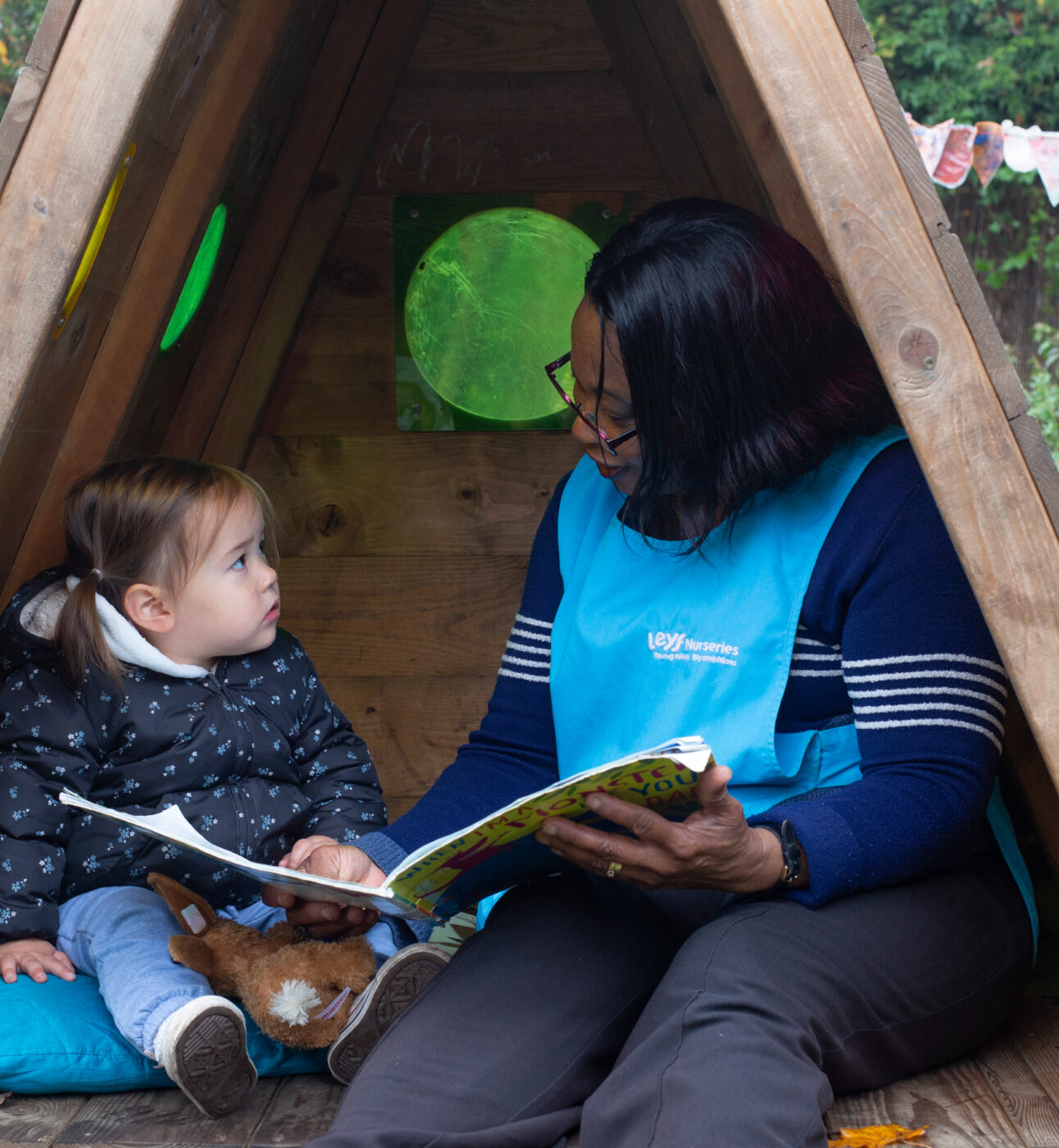
Talking Early Years: In conversation with Greg Bottrill
Are children deprived of the opportunity to play?… …is not a new question, but one that continues to be tackled on many levels. Greg Bottrill’s book ‘Can…
May 17th 2017
A previous election manifesto addition was to promise parents 30 hours of free childcare. This is an annual increase from 570 to 1140 hours, whether 30 hours term time or 22 hours stretched across 51 weeks of the year. If you are one of the many parents struggling to pay for childcare, “free” is an overstatement or I should simply state, it is misleading.
It is worth noting that when a manifesto declares childcare ‘free’, they’re counting on a lot of hardworking citizens in a climate of stagnating living standards and wages to lurch for anything called “free” without much thought about what free really means. Since we now seem to live in an alternative fact, post-truth world, I can unreservedly tell you:
Childcare is a subsidised offer funded by the tax payer and the sector.
Childcare, like schools, cost. The majority of the costs (approximately 77%) pay for staff and the rest is used to pay the rent, rates, buildings, food, resources, business costs and contingencies. Therefore, someone needs to pay the costs of this. Up until now the local authorities allocate a proportion of their Government funding to childcare and the sector picks up the rest. So we can be given anything between £3.60 and £6.00 to fund a child’s place which may cost much more per hour especially in London. Just as an example, the National Living Wage is £7.20 and the London living wage is £9.40 so that gives an indication of some of the baseline costs. The National Day Nurseries Association (NDNA) calculated that on average the sector lost £900 per place per year.
The second word used was “entitlement”. People generally translate this to mean they can access this because they are entitled. This is not the case. Parents may be entitled to apply for a funded place for 30 hours childcare but that is only going to happen if the childcare sector provides sufficient places. More recently guidance uses the term eligibility which is broad and covers most parents whether working a weekly minimum equivalent of 16 hours at national minimum or living wage to earning up to £100,000. The issue is availability. According to the recent Pre-School Learning Alliance report, only 44% of providers were considering providing the offer. The DfE itself published a report that said they anticipated a shortfall of 10,000 places. 4 in 10’s report ‘At what cost: The 30 hours ‘free’ childcare promise in London’ has identified that:
This reality means that many of the parents will be disillusioned about the 30 hours. That is certainly what I found when I have talked to parents about if and how we could offer it at the LEYF nurseries. I made the same point to a group of local authorities at a conference recently, warning them to get the message right to parents to avoid disappointment and discontent.
Is the sector being unreasonable?
We are still reeling from the recruitment crisis needlessly manufactured by previous Minister Elizabeth Truss, who insisted that to enter the profession, candidates and apprentices needed A to C GCSE in Maths and English.
Well, I hear you cry, why was that such a problem?
Many who choose to become nursery teachers don’t have the required GCSEs and as a result, the sector experienced a shortage of permanent staff. As is the norm, when there’s a shortage of qualified staff and the demand soars, you know it is going to be costly to solve the workforce problem. The sector had nowhere to turn except to hiring agency and temp staff, the outcome of which was a huge increase in staffing costs, demoralised and exhausted permanent staff and ultimately a big risk to the quality of care.
It took two years and continual lobbying for the new Minster Caroline Dinenage to rightly address our concerns and rescind the GCSE requirements, giving us flexibility to increase the entry requirements but at a pace that was realistic for the sector.
So, what are the options?
We cannot charge parents for any part of the free entitlement, either directly or indirectly. So we will have the raise the fees. We can charge for activities we currently provide as part of the offer and we can charge for meals or parents can provide a packed lunch. This leads to many other issues that challenges inclusivity. For example, a Nursery World survey found 43% considered that 30 hours will negatively affect their settings’ food provision. They were worried about the quality of food and managing two lunch arrangements. There is a space issue as packed lunches need to be stored safely. Also, how do you create an inclusive environment where one child gets a meal cooked by the nursery chef and the other child is tucking into cheese and crisp sandwich?!
Finally, while the DfE has clarified that it’s not fifteen hours of education and fifteen hours of childcare, its coming across as that especially if they are insisting on the flexibility of using fifteen hours to wrap around the child. This is a backwards step in the quality debate which demands integrated care and education to meet full developmental needs of a child. The sector needs a serious conversation about 30 hours with parents. We need parents to understand the issue of quality, why 30 hours isn’t just “childcare” but deeply important early education. The research on quality needs to float right to the top of the argument.
In summary, for parents to access the 30 hours we need more funds to ensure we can deliver a sustainable offer. This week’s Children & Young People Now (CYPN) noted that over half the nurseries across the sector (that’s could be up to 9000) are in financial difficulty and may close. We need childcare to be part of the local infrastructure and if we want quality education for our children, we must factor the following into provision :
Childcare is just another way of describing early education. It’s a serious offer for our small children. It needs to be good quality. So, if we want to help parents access it to ensure they can work and have their taxes filtered through the system, let’s cost it right and divert the funding correctly so there are no financial pinch points. That way, we can provide the 30 hours and more and childcare will be a perfect vehicle to strengthen our infrastructure in a way that drives social and economic benefits at every level.

Are children deprived of the opportunity to play?… …is not a new question, but one that continues to be tackled on many levels. Greg Bottrill’s book ‘Can…

Launching the Reading Rights Summit in Liverpool Last week, Booktrust (where I proudly serve as a Trustee) hosted the Reading Rights Summit. We were joined by special guests, the…

A Right to be Children: The Importance of the Design Architecture Good architecture combines…